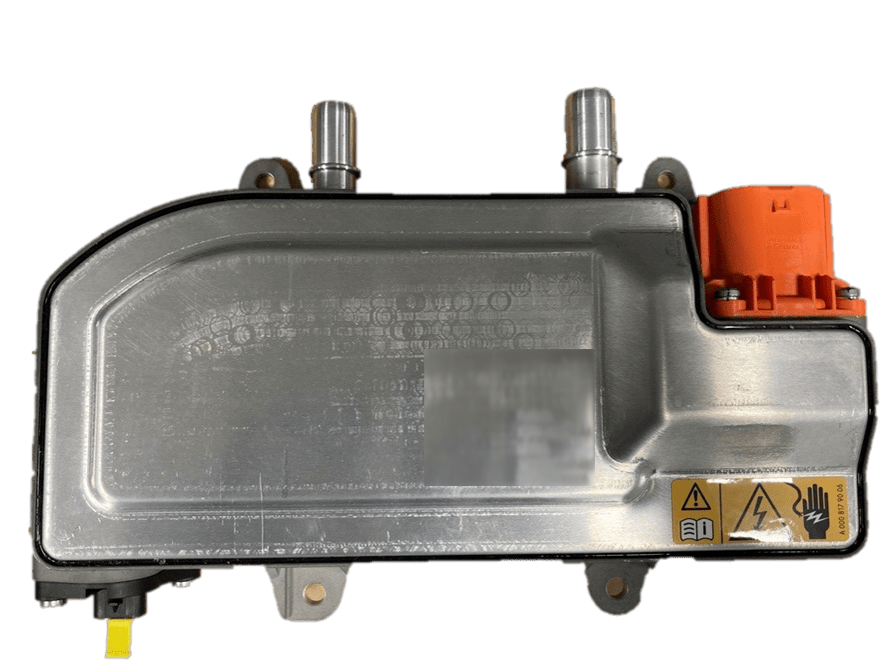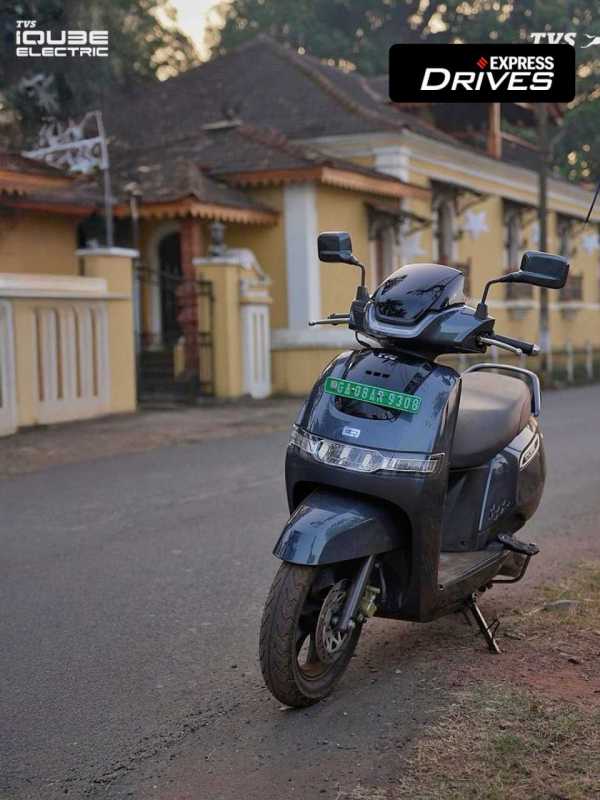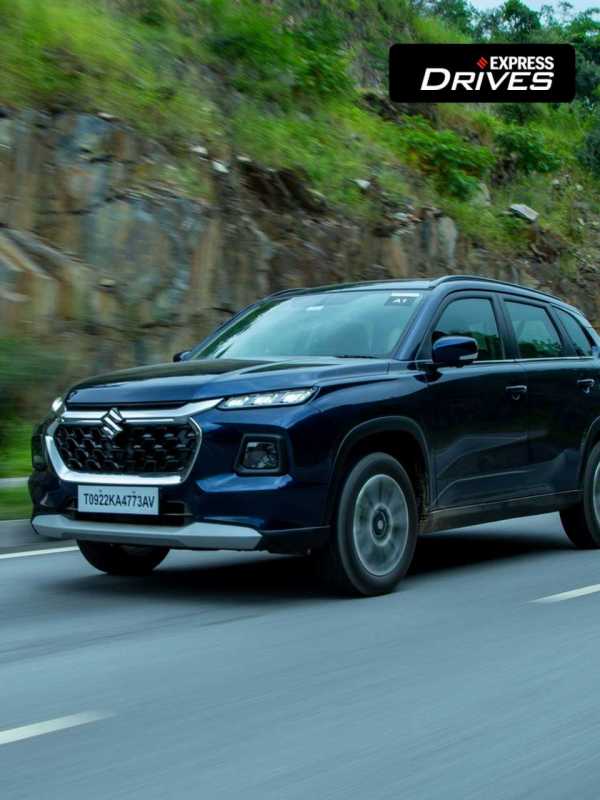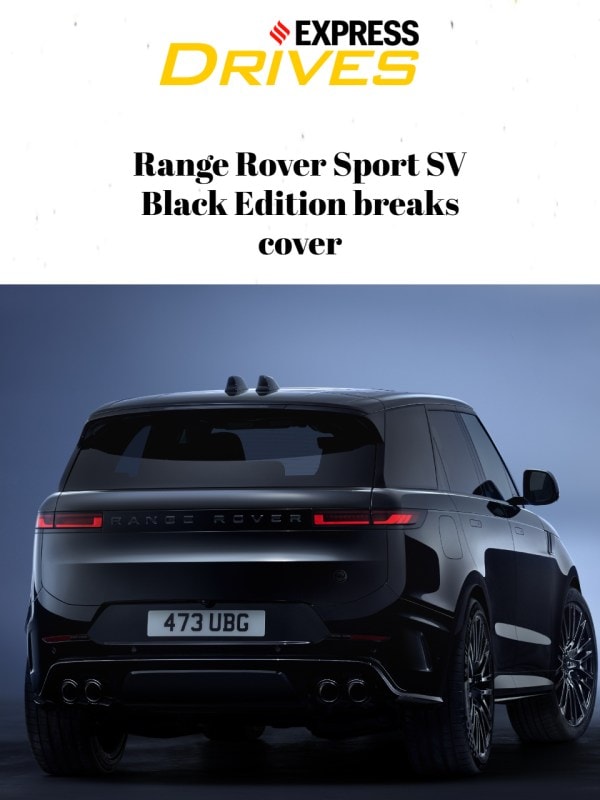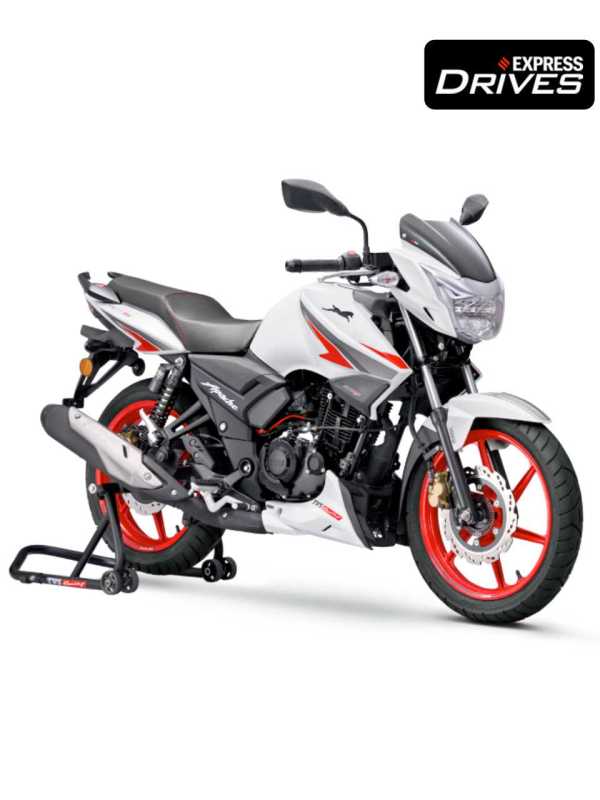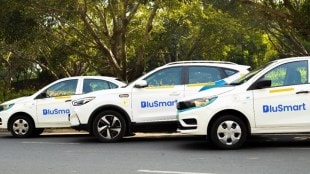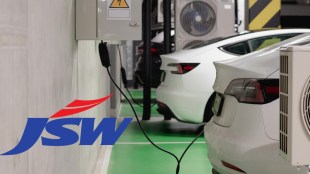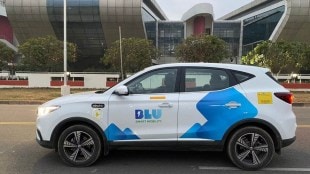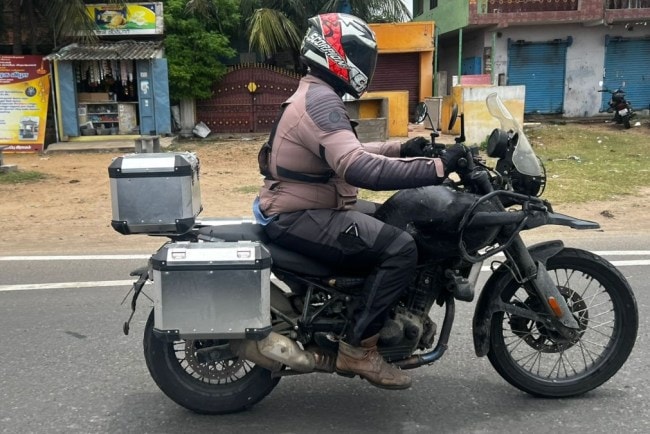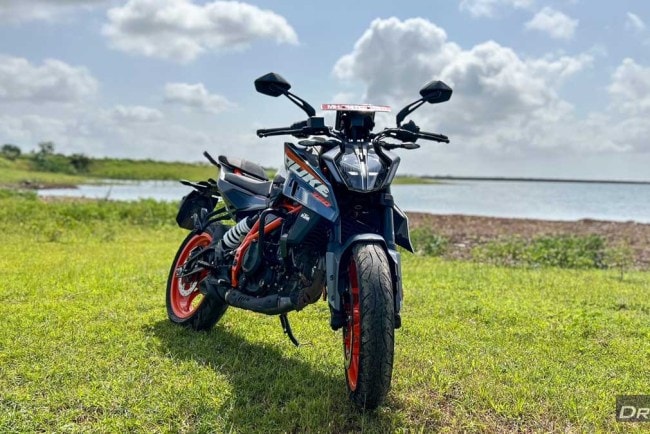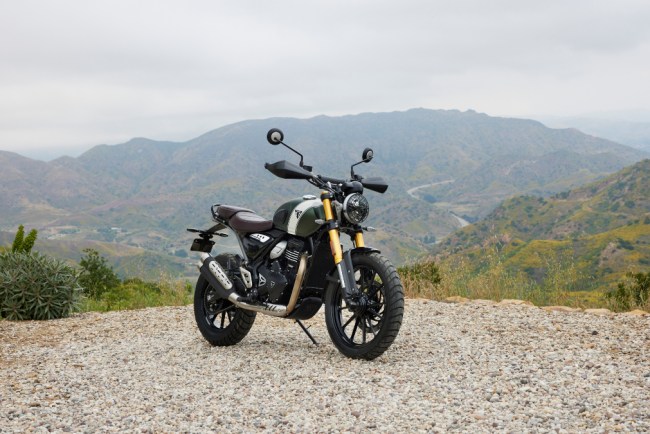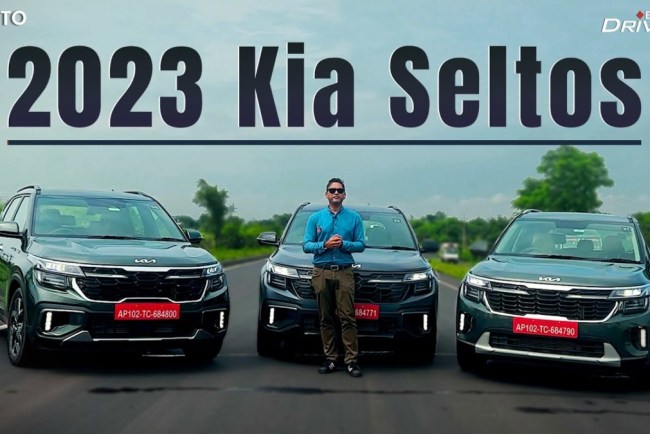BorgWarner has secured a contract with a global automotive thermal and energy management solutions supplier to deliver high voltage coolant heaters (HVCH) for use on a series of three electric vehicle (EV) platforms for a major OEM.
The heater will be added to the supplier’s heating and cooling module and will be used to provide heat to the battery pack and cabin in battery electric vehicles (BEV). BorgWarner says the order from the supplier marks the first collaboration between the companies on a complete vehicle thermal management system.
Joe Fadool, President and GM, BorgWarner Emissions, Thermal and Turbo Systems said, “We look forward to building our relationship with this global supplier and furthering our partnership with the OEM by supplying coolant heater technology that enables optimal battery and cabin temperatures. This heater significantly expands our reach in North America and offers the industry a solution for thermal management, a significant challenge in the age of electrification.”
Heating solution
BorgWarner says its 800V HVCH offers a compact and lightweight design through its thick-film heating and brazed aluminium fin technologies, that fits the reduced size and weight dimensions requested by the customer.
Additionally, the heater offers robust and optimised heat transfer in the 800V architecture needed to enable fast charging. The 800V HVCH has fast heating response times due to low thermal mass and high efficiency and has a highly flexible power and coolant connector concept.
The heating solution includes features to prevent thermal events such as overheating, as the system is designed to switch off automatically should it detect an error.
The company claims that the 800V HVCH is the first heater of its kind to be launched in North America. This win builds upon a previous agreement between BorgWarner and the OEM in which BorgWarner directly supplied its 400V solution.
The 800V HVCH will be produced in the company’s Cadillac, Michigan manufacturing facility with production expected to begin in 2025.

